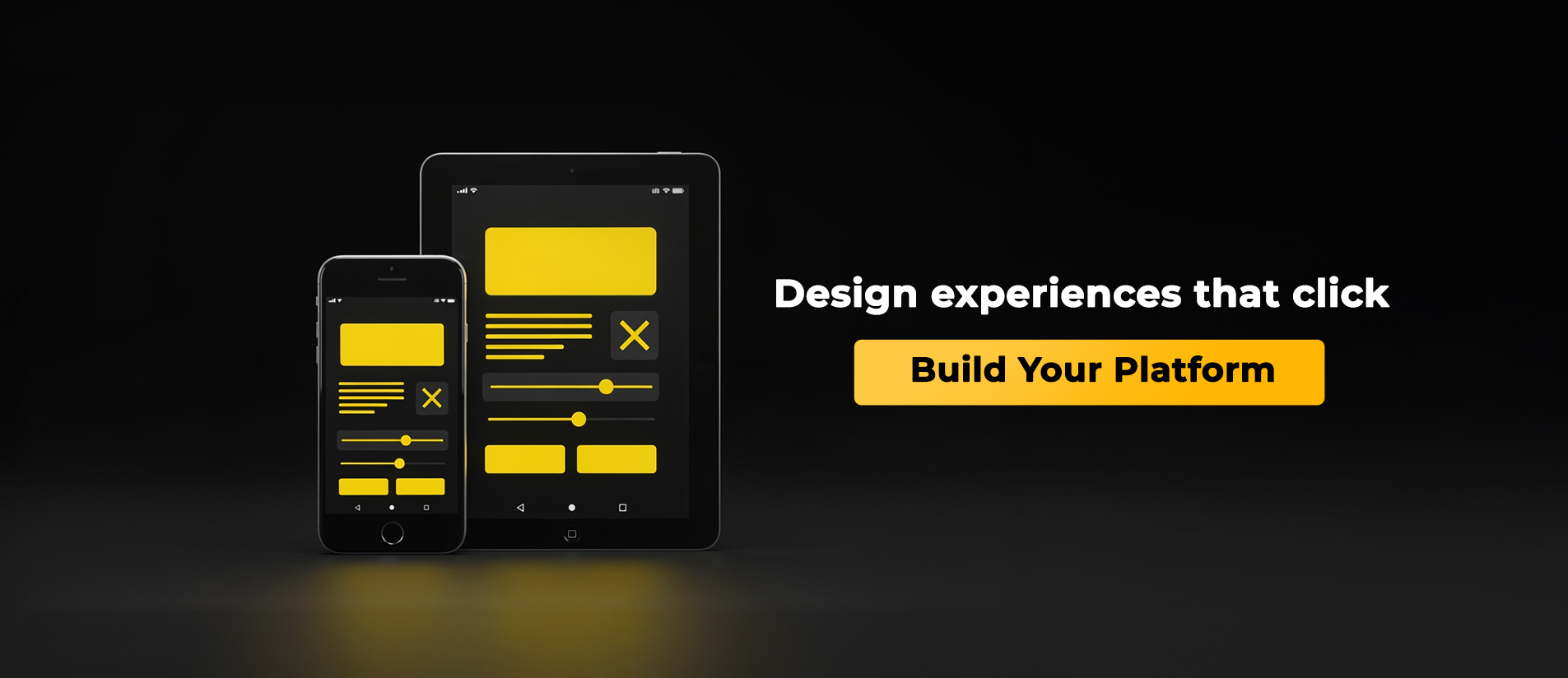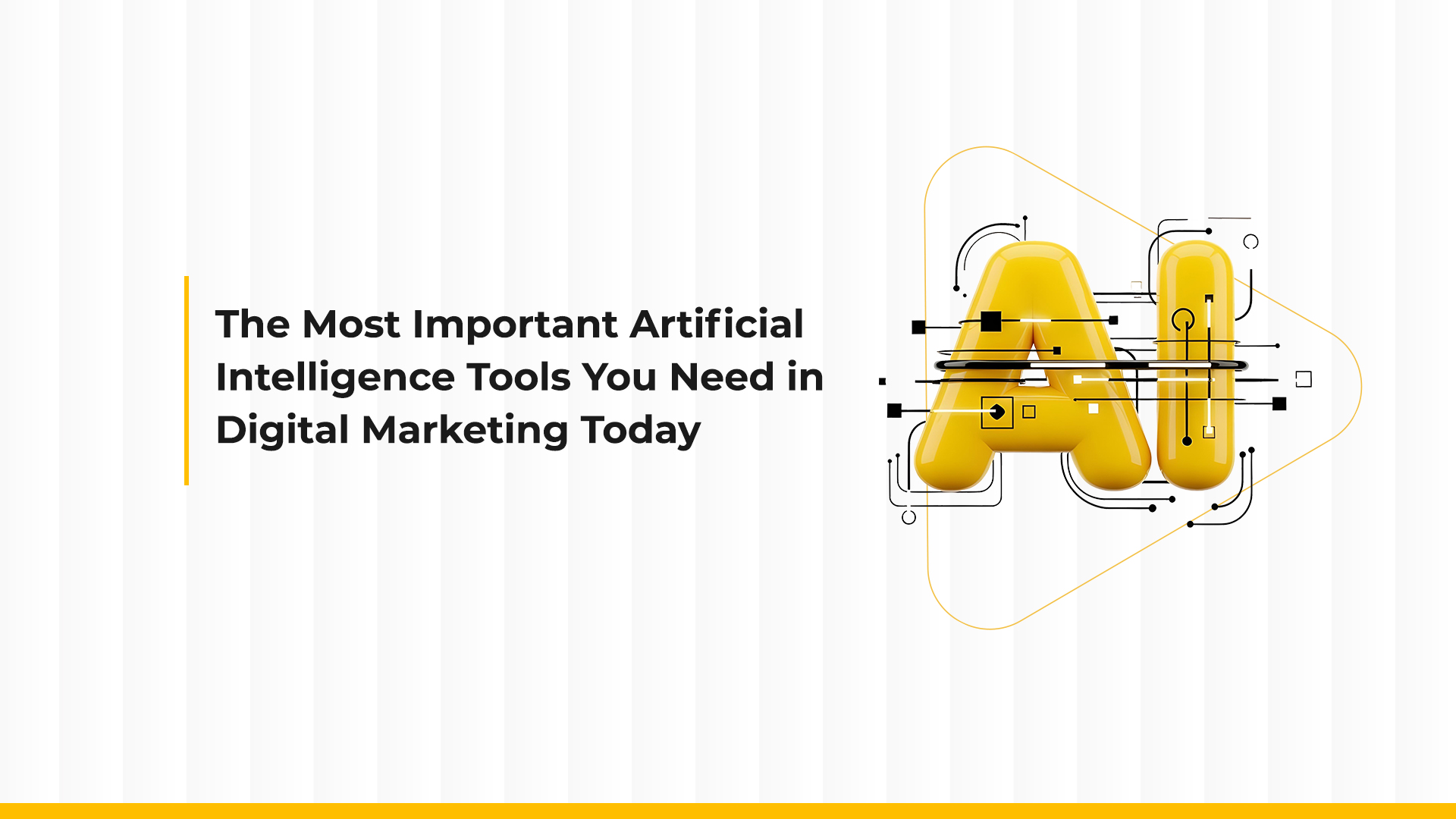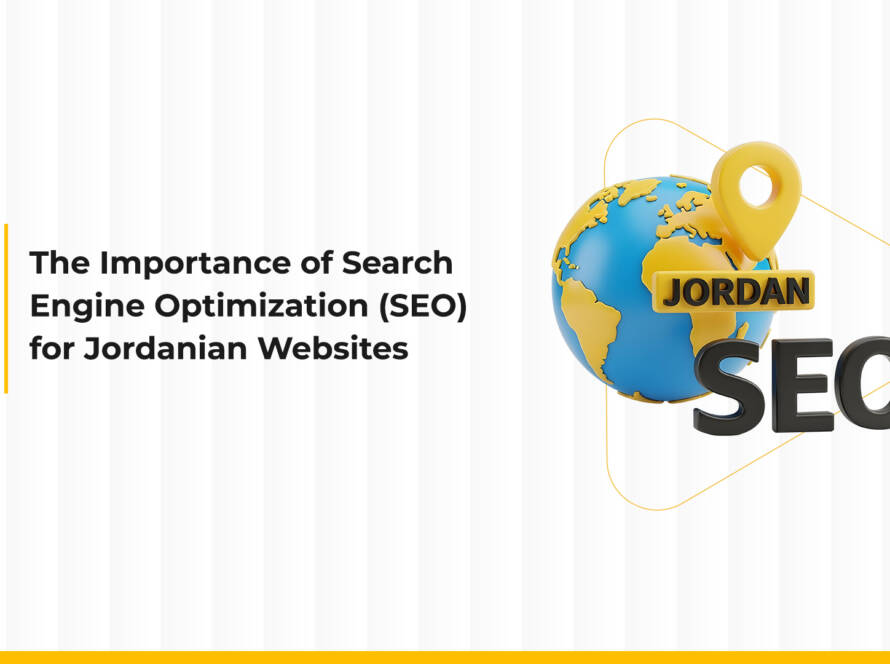In recent years, the landscape of digital marketing has undergone a dramatic transformation, largely driven by the rise of artificial intelligence (AI). AI in marketing is no longer a luxury or an optional upgrade — it has become a necessity for any company that wants to stay competitive and relevant. Today’s AI marketing tools are the backbone of modern campaigns, enabling marketers to personalize messages, analyze data, enhance performance, and maximize ROI in ways that were once unimaginable.
With the power of AI tools, marketers can predict consumer behavior, automate interactions, generate smart content, and identify market opportunities in real-time. With hundreds of tools available, the real question is no longer “Should I use AI?” but rather “Which AI tools are right for my marketing needs?”
This article highlights the most powerful AI tools every digital marketer needs, explaining how and why to use them — and how they can completely transform your marketing performance.
1. AI Tools for Data Analysis and Customer Behavior Prediction
AI-driven marketing always begins with data analysis. Tools like Google Analytics 4 are essential for understanding what customers want and how they behave. Using machine learning algorithms, these tools provide deep insights into visitor engagement, traffic sources, and on-site behavior.
Platforms like Pecan AI and HubSpot CRM take things further by predicting campaign performance and recommending optimal launch times. This helps businesses allocate resources effectively and achieve measurable results.
Using AI for data analytics doesn’t just save time — it delivers accuracy and insights that humans alone simply can’t match.
2. AI Tools for Content Creation
One of the most impressive benefits of AI in marketing is its ability to generate content instantly. Tools like ChatGPT, Jasper AI, and Copy.ai allow marketers to create blog posts, ad copy, social media captions, and even video scripts in minutes.
These AI platforms understand context, analyze market trends, and craft content tailored to specific audiences. They can also adjust tone and style to suit different platforms — whether professional, promotional, or conversational.
By leveraging AI in content creation, marketers can improve production speed, consistency, and quality — giving teams the flexibility to test multiple ideas and messages faster than ever.
3. AI Tools for Social Media Management
AI-powered social media marketing has revolutionized how brands engage with audiences. Tools like Hootsuite, Buffer, and Lately AI use artificial intelligence to analyze post performance, recommend optimal content, and automate scheduling.
They also offer advanced features such as sentiment analysis and trend detection, helping marketers understand what resonates most with their target audience.
These tools don’t just automate posting — they track competitors, refine targeting, and analyze engagement metrics to guide smarter campaign strategies.
4. AI Tools for Search Engine Optimization (SEO)
If your website doesn’t appear in the top search results, it might as well be invisible. Tools like Surfer SEO, MarketMuse, and SEMrush make SEO optimization more precise and data-driven than ever.
These AI-powered tools analyze both your content and your competitors’, suggesting real-time improvements to structure, keyword usage, and content length.
Using AI in SEO provides deep insights into user behavior and ensures that your pages stay aligned with Google’s constantly evolving algorithms.
5. AI Tools for Paid Advertising and PPC Optimization
Paid campaigns on Google and Facebook can quickly drain budgets — but tools like Adzooma, Optmyzr, and WordStream help manage these campaigns efficiently.
AI in advertising handles A/B testing, targeting optimization, and real-time budget adjustments. These tools monitor performance closely and recommend the best-performing ad copy and visuals.
By adopting AI-driven ad management, marketers achieve smarter spending, lower costs, and stronger results.

6. AI Tools for Marketing Automation and CRM
Marketing automation is one of the most impactful uses of AI. Tools like Mailchimp, ActiveCampaign, and Salesforce Einstein create personalized email campaigns based on user behavior and engagement.
AI monitors each customer’s journey, identifying the ideal moment to deliver a message or offer — significantly increasing conversion rates.
These tools also allow marketers to design complex, personalized automation flows without manual intervention, reducing errors and improving customer experience.
7. AI Tools for Sentiment Analysis and Customer Feedback
Understanding how customers feel is just as important as knowing what they say. Tools like MonkeyLearn and Lexalytics analyze reviews, social media comments, and customer conversations to extract the emotions behind the words.
Using AI for sentiment analysis helps businesses identify strengths and weaknesses in their products or services — enabling data-driven strategy adjustments instead of guesswork.
These tools give marketers a competitive edge, revealing insights that raw statistics often overlook.
8. AI Tools for Design and Visual Content Creation
A great visual can make or break a campaign. Tools like Canva AI and PhotoRoom empower marketers to create professional visuals quickly, using AI to enhance and optimize designs automatically.
These platforms can suggest layouts, colors, and fonts that match your brand identity — helping design teams produce high-quality visuals faster.
AI in visual marketing is now a necessity for creating eye-catching content that drives engagement and conversions.
9. AI Tools for Customer Experience (CX) Optimization
AI in marketing goes beyond acquisition — it enhances customer experience after the sale. Tools like Zendesk AI, Drift, and Intercom help businesses deliver intelligent customer support through automated chat, personalized recommendations, and proactive issue resolution.
These systems understand user intent through natural language processing (NLP) and deliver fast, accurate responses — improving satisfaction and loyalty.
With 24/7 availability, AI-driven CX tools have become an invaluable investment for brands that aim to deliver seamless, human-like customer interactions.
10. AI Tools for Audience Segmentation and Precision Targeting
One of AI’s greatest strengths in marketing is its ability to understand exactly who your audience is. Tools like Segment, Blueshift, and MoEngage allow marketers to create highly specific audience segments based on behavior, interests, and engagement patterns.
These tools go beyond basic demographics like age and location — they use predictive analytics to identify who’s ready to buy, who needs nurturing, and who can be excluded from a campaign for now.
The result? Smarter targeting, less wasted ad spend, and significantly higher campaign performance.
Final Thoughts
AI tools are no longer just technical assets — they are strategic partners in success. Artificial intelligence in marketing gives you the ability to analyze data accurately, create content faster, engage intelligently with customers, and improve every stage of the marketing journey.
If you’re working in digital marketing without AI, you risk falling behind. But if you harness these tools wisely, you unlock exceptional performance and innovation.
AI in marketing isn’t a passing trend — it’s the future. And these AI tools are your gateway to that future.





